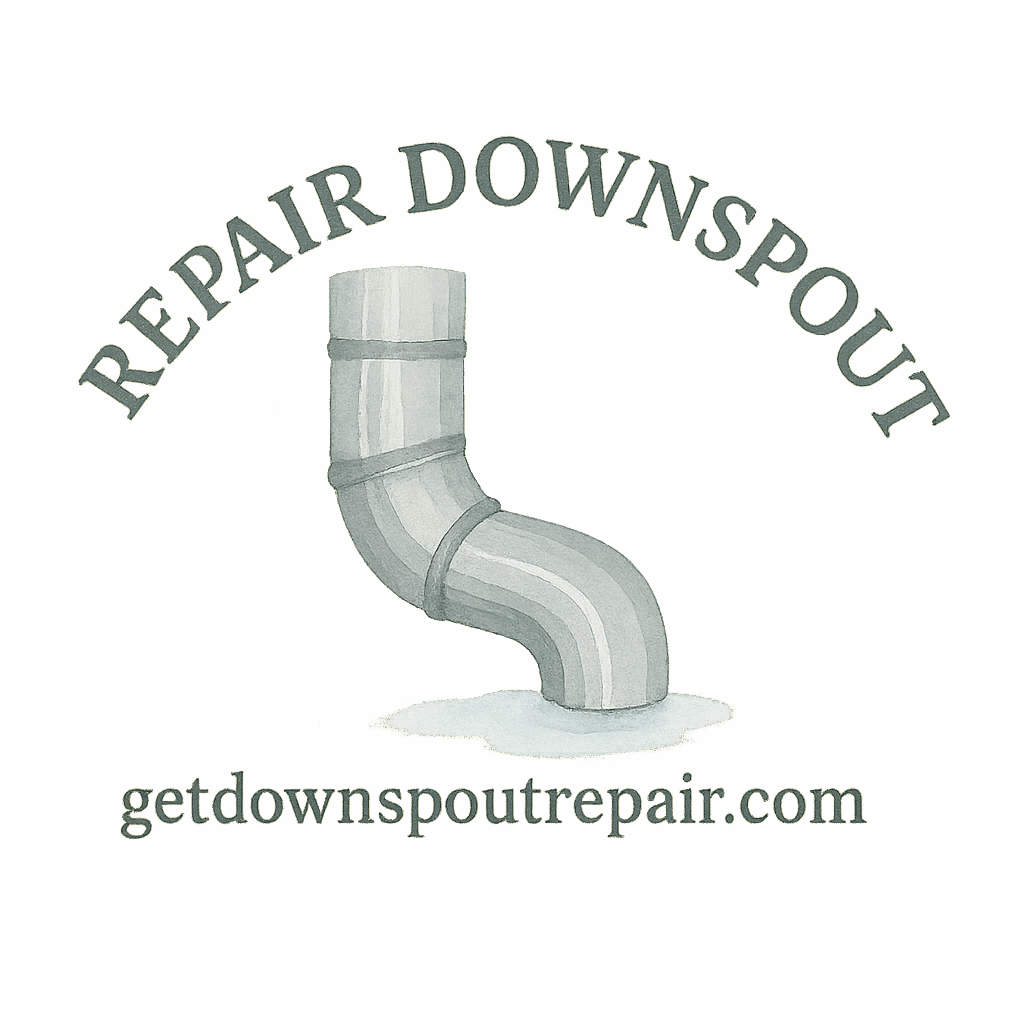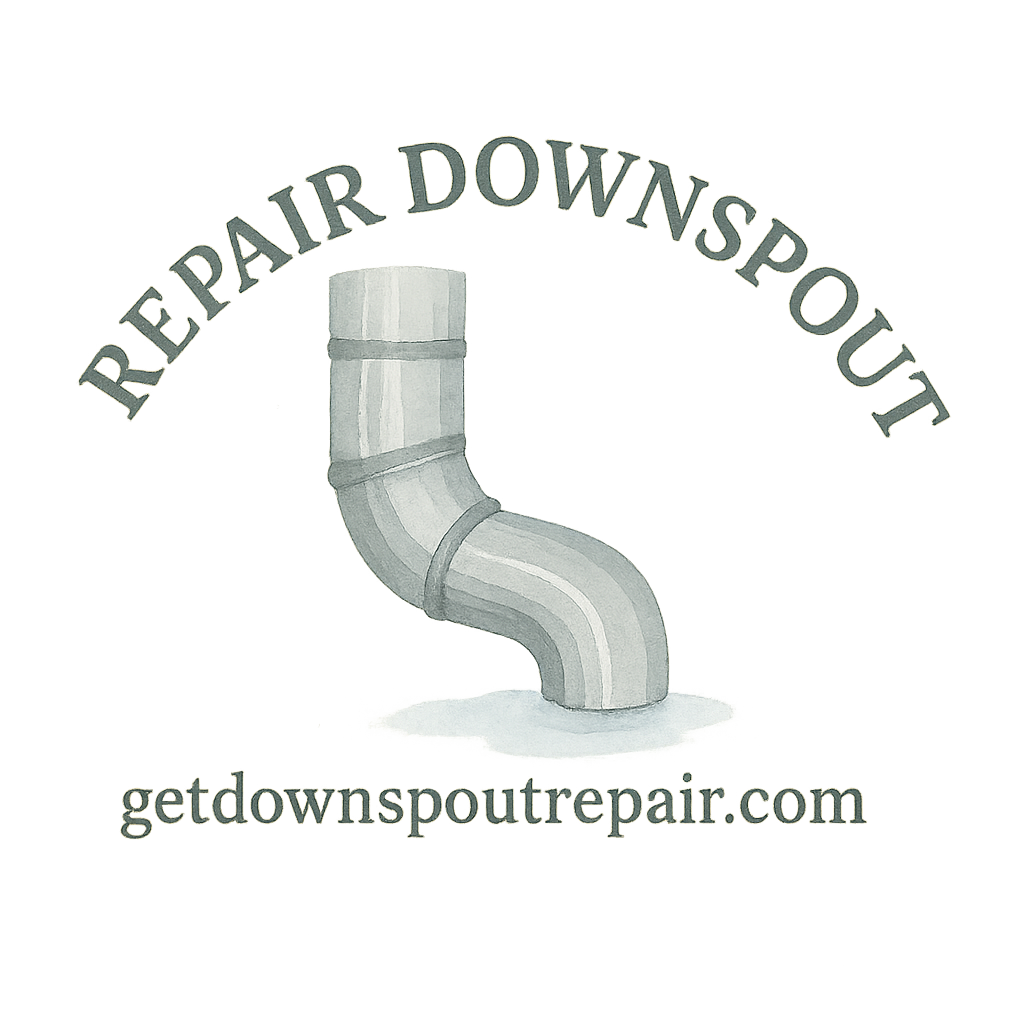Let’s face it—standing water near your foundation is a disaster waiting to happen. Downspout extensions might not be flashy, but they’re your home’s first defense against water damage. In this post, we’ll break down 8 downspout extensions that improve drainage, making your life a lot easier (and your basement a lot drier). Whether you’re a weekend DIYer or someone who’d rather call in a pro, this guide is packed with value.
Why Downspout Extensions Matter
The Danger of Poor Drainage
Ever notice a soggy lawn, cracked driveway, or even basement flooding after a heavy rain? That’s what poor drainage does. Water that pools around your home’s foundation can weaken structures, cause mold, and even invite pests. Learn more about drainage protection to understand the broader impact.
What Are Downspout Extensions?
A downspout extension is simply an add-on to your gutter’s downspout that moves water away from your home. These come in various styles, materials, and lengths, but they all aim to protect your foundation from water damage.
Choosing the Right Downspout Extension
Factors to Consider Before Buying
Before picking one, think about:
- Yard slope
- Soil type
- Rainfall frequency
- Your home’s layout
These details determine how far and how fast water needs to move away.
Cost vs. Performance
Check out this guide on costs and materials to balance your budget with quality. Cheap options can work, but they usually wear out quicker.
DIY vs. Professional Installation
If you’re handy, many options are easy DIY fixes. For others, especially underground systems, it’s smart to consult a licensed contractor.
8 Downspout Extensions That Actually Work
1. Flexible Downspout Extension
These accordion-style tubes are great for quick fixes. You can stretch or bend them as needed to guide water around gardens or walkways.
Pros & Cons
Pros:
- Affordable
- Easy to install
- Adjustable length
Cons:
- Can clog if not cleaned
- Not the prettiest option
Perfect for anyone diving into beginner repair projects.
2. Roll-Out Drain Sleeves
These extensions unfurl when water flows and roll back when dry. It’s like having a retractable water chute!
Why Homeowners Love It
- Low-profile appearance
- Keeps lawn neat
- Great for prevent clogging
3. Hinged Downspout Extensions
These are excellent if you mow frequently or have limited yard space. Just flip them up when not in use.
Best for Small Yards
Ideal for urban homes where space is tight but drainage is critical. Add it to your DIY tools checklist.

4. Splash Blocks with Extensions
A classic combo—use splash blocks with a short extension to control water flow and prevent soil erosion.
Simple But Effective
Often overlooked, but these are lifesavers for quick water redirection.
5. Underground Drainage Pipes
If you’re in it for the long haul, this is the premium fix. Pipes direct water underground and out to a safer discharge point.
Permanent Drainage Solution
This type may require professional help. See when it’s time to call a pro.
6. Rain Barrel Diverter Kits
Want to reuse rainwater? These kits divert water into a barrel and overflow into a backup extension when full.
Eco-Friendly and Efficient
Conserve water and protect your home? That’s a win-win.
Check our section on benefits of using smart drainage solutions.
7. Gutter Adapters with Flexible Tubing
Adapters connect directly to your gutter system and let you aim water exactly where you want it.
Easy to Install
A top pick on our repair guide. Combine with premium tools for long-lasting results.
8. Decorative Extensions
Why not make it pretty? Choose dragon heads, garden rocks, or faux logs that disguise functionality.
Form Meets Function
Perfect for design-conscious homeowners. You’ll be surprised what you’ll find under the downspout gear tag.
When to Replace or Upgrade Your Extensions
Warning Signs to Watch For
- Pooling water
- Mold or mildew
- Sinking soil near foundation
- Rusty or broken fittings
If these are familiar, it’s time to repair now.
Seasonal Inspection Tips
Spring and fall are perfect times to check your system. Pair this with a good gutter cleaning for best results.
DIY Installation Tips for Downspout Extensions
Tools You’ll Need
- Tape measure
- Hacksaw (for cutting plastic pipes)
- Screwdriver
- Sealant or gutter tape
Add these to your repair tools kit for quick installations.
Common Mistakes to Avoid
- Not measuring properly
- Ignoring slope direction
- Using the wrong adapter
- Forgetting to anchor the extension
Bookmark this DIY fixes guide for more helpful walkthroughs.
When to Call in a Pro
Complex Drainage Layouts
If your yard’s slope is tricky or water isn’t flowing right, let the experts handle it. They’ll ensure everything meets code and performs as expected.
Benefits of Professional Help
- Saves time
- Ensures code compliance
- Guarantees long-term performance
Explore our full section on pro help to see what a licensed expert can do for you.
Conclusion
Downspout extensions are a small investment with massive returns. Whether you go the DIY route or hire a contractor, you’ll be protecting your home from costly water damage. These 8 downspout extensions that improve drainage are all smart picks—but the best one for you depends on your home’s layout, needs, and budget.
Want more tips? Visit our main hub at GetDownspoutRepair.com for in-depth guides, expert advice, and budget-friendly solutions.
FAQs
1. What’s the best downspout extension for a steep yard?
Underground drainage pipes or roll-out sleeves work best for steep gradients.
2. How far should my downspout extension go?
At least 4–6 feet from your foundation to avoid pooling issues.
3. Are decorative extensions as effective as functional ones?
Yes, if designed properly. Look under quality products for proven options.
4. Can I install downspout extensions myself?
Absolutely! Many are designed for quick DIY installs. Check our DIY fixes section for guidance.
5. How do I prevent clogging in flexible extensions?
Clean gutters regularly and add a leaf guard. Visit our downspout clog tag for tips.
6. What if water is still pooling near my foundation?
You may need to combine extensions with soil grading or consult a downspout expert.
7. Are rain barrel diverters worth it?
Yes—great for saving water and reducing runoff while improving drainage.


